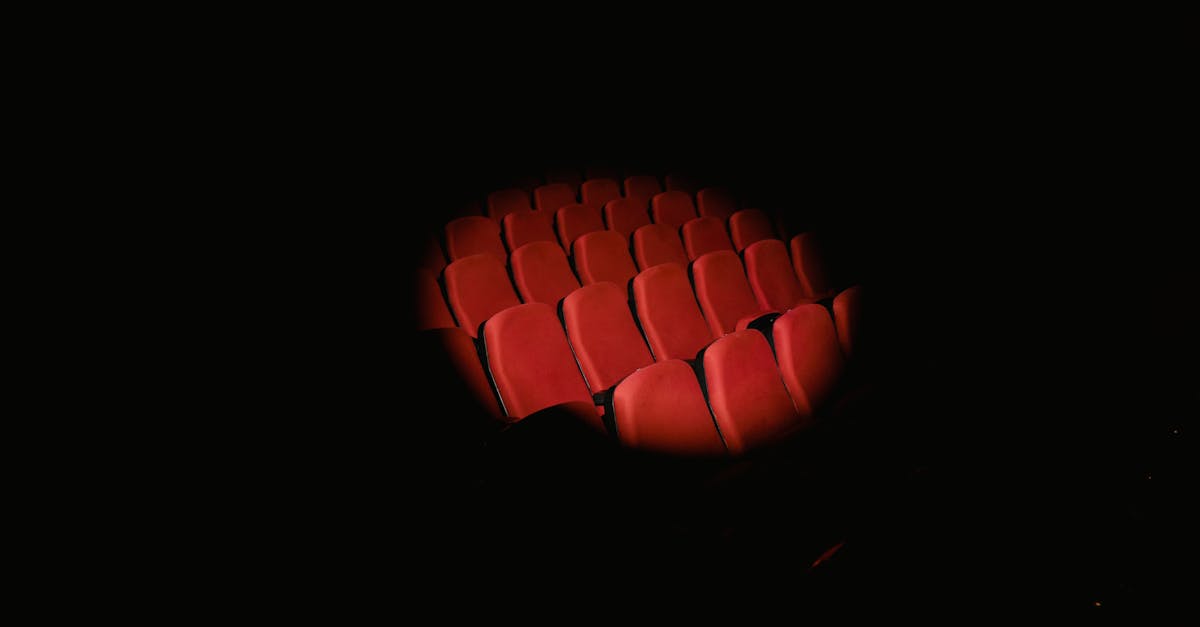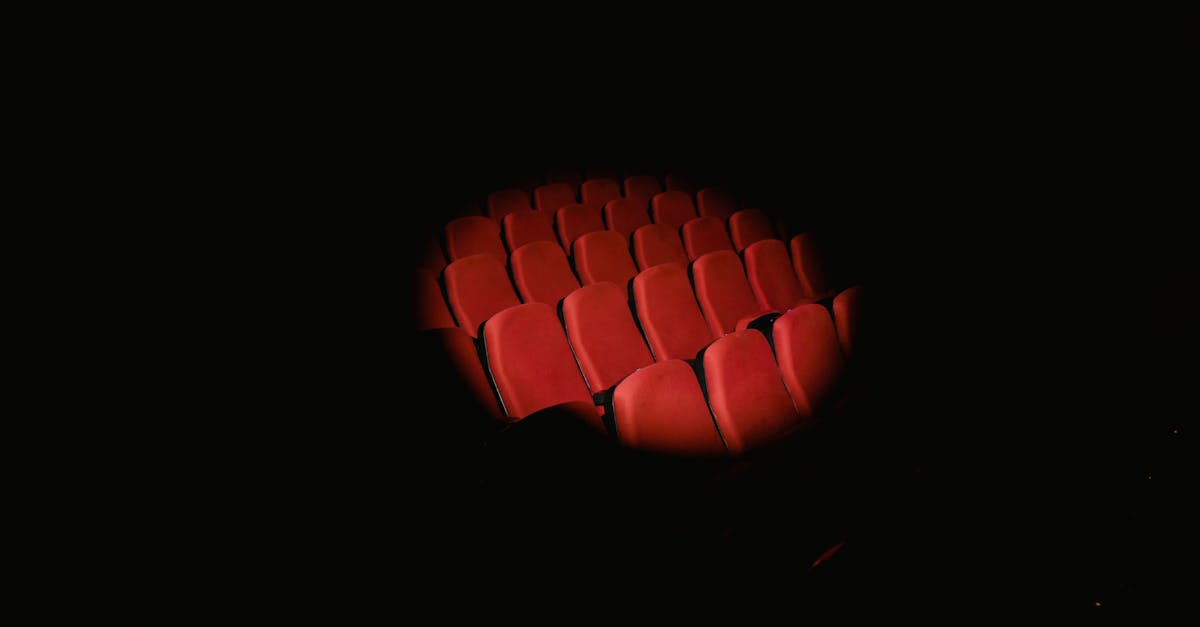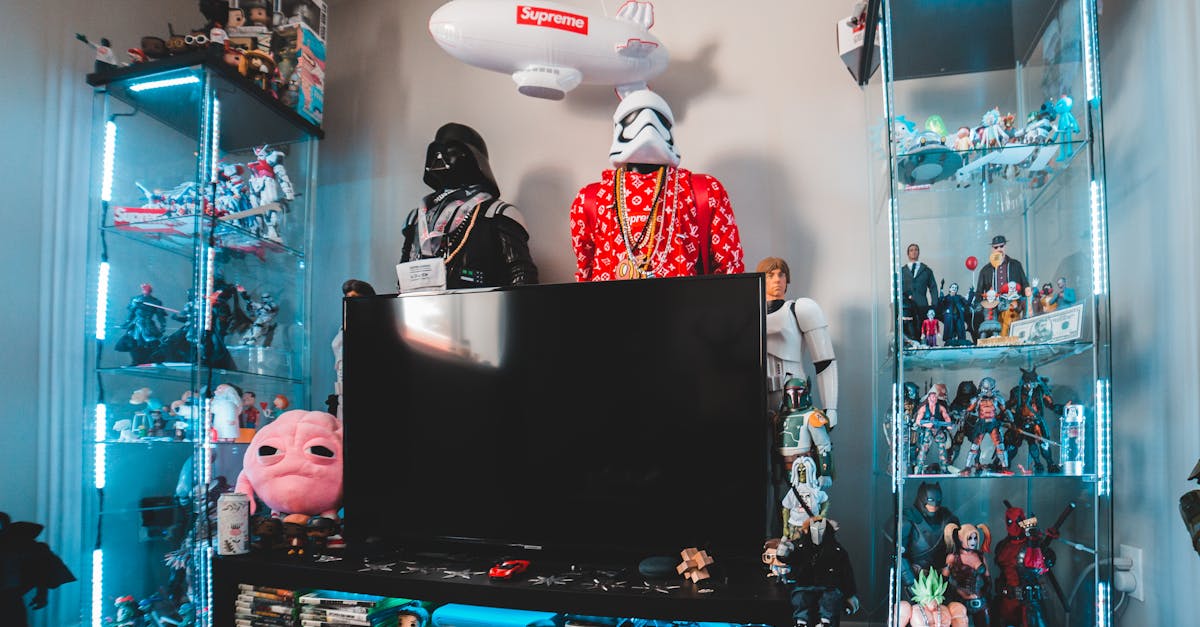Exploring the Harmony in Daily Cinema Showtimes
Introduction to Cinema Showtime Harmony
Daily cinema showtime harmony refers to the synchronized scheduling of multiple screenings across different theater halls within a cinema complex, coordinated to optimize both operational efficiency and customer experience. This systematic approach has been essential in modern multiplexes, responding to the complex demands of diverse audiences. By offering a curated set of screening times, patrons can enjoy a seamless experience, whether they are devoted cinephiles or casual moviegoers. Soothing the often chaotic nature of film scheduling, daily showtime harmony ensures that cinemas operate smoothly. We'll uncover the inner workings, benefits, and challenges of achieving such precision in film screening schedules.
Advertisement
The Concept Behind Organized Showtimes
Going beyond simply listing movies back-to-back, harmonizing showtimes requires a deep understanding of audience behavior, film duration, and turnover times. Matrixes for film length, genres, and customer demographics are created to anticipate peak viewing times. Showtimes are staggered thoughtfully to avoid overcrowding and minimize waiting times both in lobby areas and concession stands. Sophisticated software aids managers in predicting foot traffic, enabling them to decide optimal start and end times. This often involves the use of historical data to accurately gauge what patrons want, something that helps significantly in tailoring an expected cinematic experience.
Advertisement
Benefits to Viewers
Cinema-goers benefit greatly from coordinated showtimes. One major advantage is the enhanced experience of avoiding overly crowded facilities, which can detract from a pleasant viewing. Additionally, staggered start times often mean shorter waits for popular films, improving customer satisfaction. Cinemas offer patrons the flexibility to choose from a variety of movies without restrictive time slots. Future planning becomes easier for movie enthusiasts who can schedule their visits conveniently. Furthermore, a well-planned cinema schedule allows families to comfortably participate in different screenings simultaneously while still enjoying a collective outing.
Advertisement
Efficiency in Operations
For theater operators, daily cinema showtime harmony translates to heightened operational efficiency. Well-coordinated schedules streamline staffing and resource allocation, such as ensuring enough staff cover for peak periods and minimizing overhead costs during quieter times. It also aids in maximizing screen utilization, with films ideally matched to theater size, ensuring optimal occupancy levels. Synchronized showtimes can increase the cinema's revenue potential through enhanced concession sales. With reduced waiting times, patrons are more likely to explore concessions and complementary services, which form a significant revenue stream for cinemas.
Advertisement
Software's Role in Coordination
The advent of technology has been instrumental in the synchronization of cinema showtimes. Software solutions use algorithms to simulate various scheduling scenarios, finding the perfect balance between viewer satisfaction and business objectives. These systems integrate real-time data, which adjusts to changes like new releases or sudden fluctuations in attendance. Theatre management systems also allow for dynamic correspondence between different screening halls, reducing disruptions and maintaining a harmonious rhythm. Innovations in predictive analytics further bolster management's foresight, leading to more effective decision-making on schedule adjustments.
Advertisement
Challenges in Showtime Synchronization
Despite its myriad benefits, achieving daily cinema showtime harmony presents unique challenges. Cinema operations need to account for variability in film lengths, intermissions, and setup times. Unexpected issues, such as technical malfunctions or delays, can disrupt the schedule flow, impacting a carefully planned routine. Additionally, balancing the needs of diverse audiences who favor different genres or formats (such as 3D or IMAX) requires careful planning. As multiple factors such as shareholder expectations and new industry releases come into play, dynamic agility in scheduling is paramount. Hence, cinema managers always need contingency plans to nimbly adapt.
Advertisement
Unifying Diverse Audience Preferences
Tackling the diversity of audience preferences demands an extensive understanding of local demographics and tastes, something essential for seamless cinema showtimes. A blend of classic films, blockbusters, indie projects, and family-friendly options must be reflected in the schedule. Equitable distribution across genres ensures that every viewer group is catered to without overwhelming any particular movie offering. This balance is vital to creating a cohesive theater environment where every patron can indulge in personal preferences while enjoying the collective atmosphere of a bustling cinema.
Advertisement
The Future of Cinema Showtimes
The advancement of digital technologies promises a brighter future for synchronized cinema operations. The role of artificial intelligence in customizing user-specific schedules tailored to audience viewing history could redefine experiences. Interactive scheduling applications, such as personalized apps for viewers, may offer suggestions based on time slots and past preferences. Blockchain technology might revolutionize ticket sales, providing undeniable proof of purchases while preserving privacy. All these innovations could make those weekly visits to the movies more effortless and tailored to individuals. However, the human touch in understanding local culture remains irreplaceable, continuing to work in tandem with technology.
Advertisement
Summary and Conclusion
Daily cinema showtime harmony fuses technological precision with human insight, bridging the gap between business pragmatism and enchanting viewer experiences. From streamlining operational efficiency to enriching customer satisfaction, the integration of synchronized showtimes speaks to the dynamic challenges of cinema management. With the future paving the way for even greater enhancements, cinemas will further adapt to the evolving nature of film-going audiences. As we move forward, daily showtime harmony will surely endure, guiding how we experience the magic of movies. Cinemas remain a place of nostalgia and innovation, ensuring that every film journey is yours to cherish.
Advertisement








